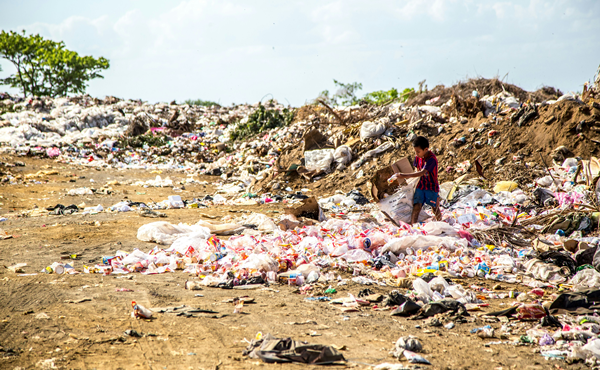New research from Roy Morgan shows that more Australians than ever will embrace the Black Friday/Cyber Monday sales, with shoppers set to spend a record $6.7 billion during the four days, an increase of 5.5 per cent compared to the same time last year.
Australian Retailers Association CEO, Paul Zahra, says shoppers are being savvier than ever with their dollars.
“They’re looking for the best value when it comes to buying presents for their loved ones, which is why sales events like Black Friday/Cyber Monday weekend are consistently growing in popularity,” he explains.
“We are also seeing a continued trend towards spending on little luxuries whilst some broader discretionary categories are forecasted to be in decline.
“It’s been an incredibly tough year for retailers and shoppers alike. Retailers are pulling out all the stops to ensure they have the best product lines and gift solutions, customer service offerings and enhanced online platforms to make shopping during this peak season more seamless than ever.”
However, Barb de Corti, CEO of ENJO and Sante Australia, says that while everyone loves a good sale, our addiction to bargains is costing us the environment.
“Much like Halloween, it’s clear Black Friday has well and truly wormed its way into Aussies’ calendars as the shopping event of the year,” she says.

Australia Post’s 2024 ecommerce report estimates that eight in 10 households have made a purchase on the internet in 2023. On average, 5.6 million households have bought something online at least once a month and this figure is growing higher by the day as shoppers flock to big yearly sales like Black Friday.
“It’s easy to imagine that the impact of this volume of consumerism on the environment isn’t good. But few can truly comprehend the scale of waste generated by the packaging, sending, use and discarding of the goods we purchase with a click of a button during these sales. Much of it goes to landfill, where matter decomposes into methane and contributes to global warming.
“We need to step back from the online shopping frenzy and consider if it’s worth it.”
How businesses can lead the way
For businesses, their responsibility is just as crucial. Consumers are increasingly demanding more ethical and sustainable options. A national survey shows that nine out of 10 Australians prefer to purchase from brands that prioritise sustainability.
Reducing packaging: minimising the use of excessive packaging and opting for recyclable materials will significantly reduce environmental harm.
Promote responsible consumption: instead of pushing consumers to buy more, businesses can encourage them to buy smarter—focusing on quality over quantity and providing detailed information on the sustainability of their products will help consumers make better purchasing decisions.
Partner with sustainable suppliers: ensuring that your supply chain also prioritises sustainability, from materials used to logistics, can make a significant impact on reducing the overall carbon footprint of Black Friday sales.

“In the end, each of us has a choice to make and collectively we have far more power than we realise. If businesses promoted more sustainable practices and consumers made more mindful choices, we could easily reshape Black Friday into an event that doesn’t come at the cost of our planet,” she adds.
“It’s not about cancelling our favourite shopping day of the year, but rethinking our approach to make it better for everyone. By buying less, buying smarter and supporting eco-friendly brands, Black Friday can be something that benefits both consumers and the environment.”







